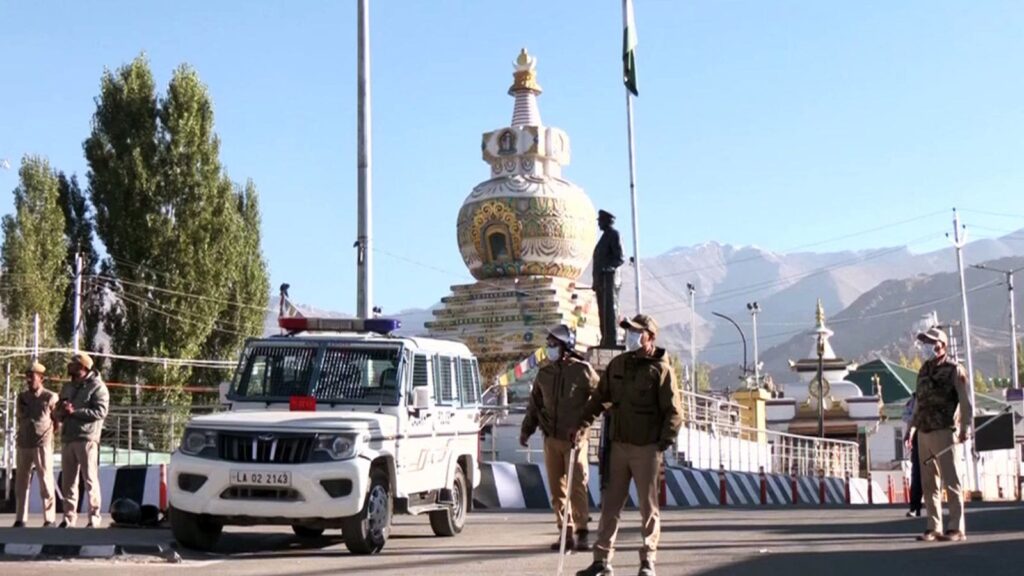SrinagarOctober 5, 2025 08:00 AM IST
First published on: Oct 5, 2025 at 08:00 AM IST
In the wake of the violence in Leh, talks between the Union Ministry of Home Affairs (MHA) and Ladakh’s organisations, scheduled for October 6, as part of the High Powered Committee (HPC) have hit a roadblock.
With the Ladakh groups seeking statehood for the Union Territory and insistent on its inclusion under the Sixth Schedule of the Constitution, sources in the central government said it was considering proposing other “constitutional safeguards” at the October 6 meeting, which could have included Article 371.
Since the protests in Leh turned violent on September 24, leading to deaths of four youths in police firing and the detention of climate activist Sonam Wangchuk under the National Security Act (NSA), the Apex Body Leh (ABL) and Kargil Democratic Alliance (KDA) – the representative bodies of Ladakh leading the statehood movement – have maintained their stance on the Sixth Schedule and pulled out of the October 6 talks.
While the safeguards under the Sixth Schedule would allow Ladakh to create Autonomous District and Regional Councils (ADCs and ARCs) – elected bodies with the power to administer tribal areas, make laws on certain subjects and collect revenues – special provisions under Article 371 would also allow certain protections to be extended to the local population of Ladakh but stop short of the considerable autonomy of the ADCs and ARCs.
The proposal to extend protections to Ladakh under Article 371 was first mooted in March. However, it did not formally come up for discussion since the talks in March came to a halt with Ladakh representatives pushing for protections under the Sixth Schedule and the MHA refraining from conceding it.
In March last year, the ABL and the KDA met Union Home Minister Amit Shah in Delhi. Sources present at the meeting said Shah had then indicated
that it would not be possible for the government to accommodate the region’s demand for inclusion in the Sixth Schedule. The Centre is also learnt to have turned down the demand for a legislature for the region. Unlike Jammu and Kashmir, Ladakh is a UT without a legislature.
HPC’s role
The HPC, which was formed in January 2023 to discuss measures to protect the region’s unique culture and language taking into consideration its geographical location and strategic importance, has so far been vital in securing protections for Ladakhis.
For instance, in June, the HPC introduced a new prospective domicile policy that requires people to show continuous residence in Ladakh for at least 15 years beginning in 2019, unlike the retrospective 15-year domicile policy in J&K. In December 2024, the HPC also gave Ladakhis a 95% quota in government jobs.
However, HPC and KDA member Sajjad Kargili, said these decisions were “executive orders” and are not constitutionally guaranteed.
Since the first meeting of the HPC, which is headed by Union Minister of State for Home Nityanand Rai and includes representatives from the government as well as the Ladakh groups, the ABL and the KDA have been jointly pushing a four-point agenda that includes statehood for Ladakh, inclusion under the Sixth Schedule, reservations in jobs for Ladakhis, and two separate Lok Sabha constituencies for Leh and Kargil, the two districts of the UT.
As the October 6 HPC meeting looks unlikely, the leaders of the Ladakh groups have maintained that their movement would continue, seeking greater political representation, protections and employment opportunities for the region’s youths.


